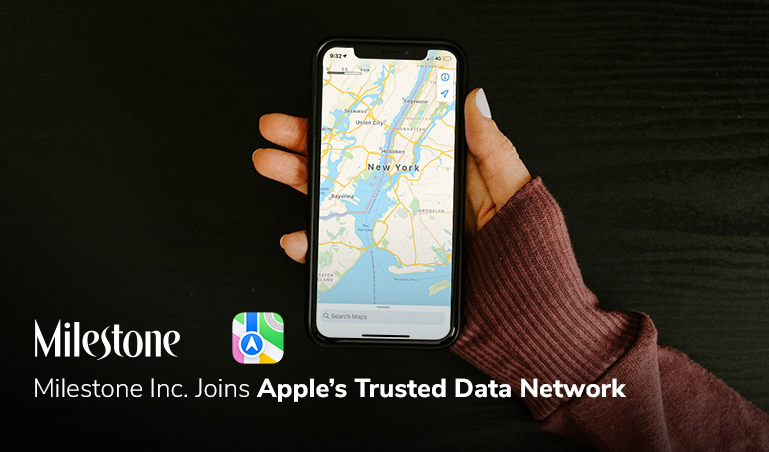There are many reasons SEO is important and will help drive your business. Here are the top 10 reasons.
- SEO is the largest channel. If you exclude Direct as a channel, SEO will be over 51% for most sites and as high as 75% for B2B sites. SEO is the largest channel for most sites. So volume of traffic is a key reason that makes SEO important.
- Digital experience. SEO is connected to an optimized digital experience because speed and usability are correlated and causal to SEO success. That means when you get SEO right, you will likely be increasing engagement and conversion on your site, which are 2 of the most important goals for digital marketers.
- Long-term equity comes from investing in SEO. That means that once you achieve visibility and rank, you will continue to receive traffic for months and likely years later.
- High ROI. SEO has a higher ROI than most channels because it does not have a media fee. ROI is an important metric for prioritizing marketing efforts.
- Site structure. SEO improves the structure and relevancy of the site, so it is clear to both humans and search bots. In SEO this is referred to as the site taxonomy.
- Local. SEO will improve organic local traffic and phone calls. More than 53% of searches have been found to have local intent, and it is critical for local and physical businesses to be visible to capture that intent and demand.
- Cross-channel synergy. SEO can drive content and success in other channels. SEO is integrated with blog publishing cadence, social amplification, paid landing pages, rich media engagement and success. SEO managers play an important role in aligning efforts and activities among channels.
- Brand elevation. Successful SEO will keep your brand and content top of mind with customers and prospects. High rank is an implicit endorsement of quality and relevancy from Google.
- Research and insight. SEO provides specific keyword-level details of consumer use of language and intent. That information can inform the site design and communication, sales collateral, and even the product roadmap.
- Content distribution. Successful SEO will help your content get distributed and seen by more people, who can help amplify and share it.
Learn how Milestone can help you with your SEO as part of an integrated omnichannel solution.
How should you measure your SEO success?
As SEO continues to grow, connecting, understanding, and engaging with customers becomes increasingly important. But how do you best sift through the endless amounts of available data and analytics to determine what should be tweaked in your marketing campaigns to better engage your customers?.
Over-rated SEO metrics:
- Page rank
- Amount of in-bound links (quality of links is more meaningful than high numbers)
- Number of pages indexed
- Top 30 rankings
- Visits
Under-rated SEO metrics:
- Visibility
- SERP saturation
- Share of voice
- Page speed and digital experience
- Quality visits
- Crawl rate
- Revenue
Best practices for SEO testing:
- Don’t start a project without a way to measure success
- Always have a quantifiable test plan
- Traditional A/B and multivariate Testing often does not apply due to low traffic volumes
Conclusion: The standard metrics of measuring SEO success are straining under the weight of the bottom line.
SEO is important and needs to time attention of marketers and executives to generate beneficial results.
We must also change and evolve our reporting metrics to keep up with this ever changing world of SEO.
Learn why Facebook is important in our popular blog on the topic.
Contact Milestone to help you make the case for the importance of SEO and how to capture the results as part of your omnichannel planning and management.


